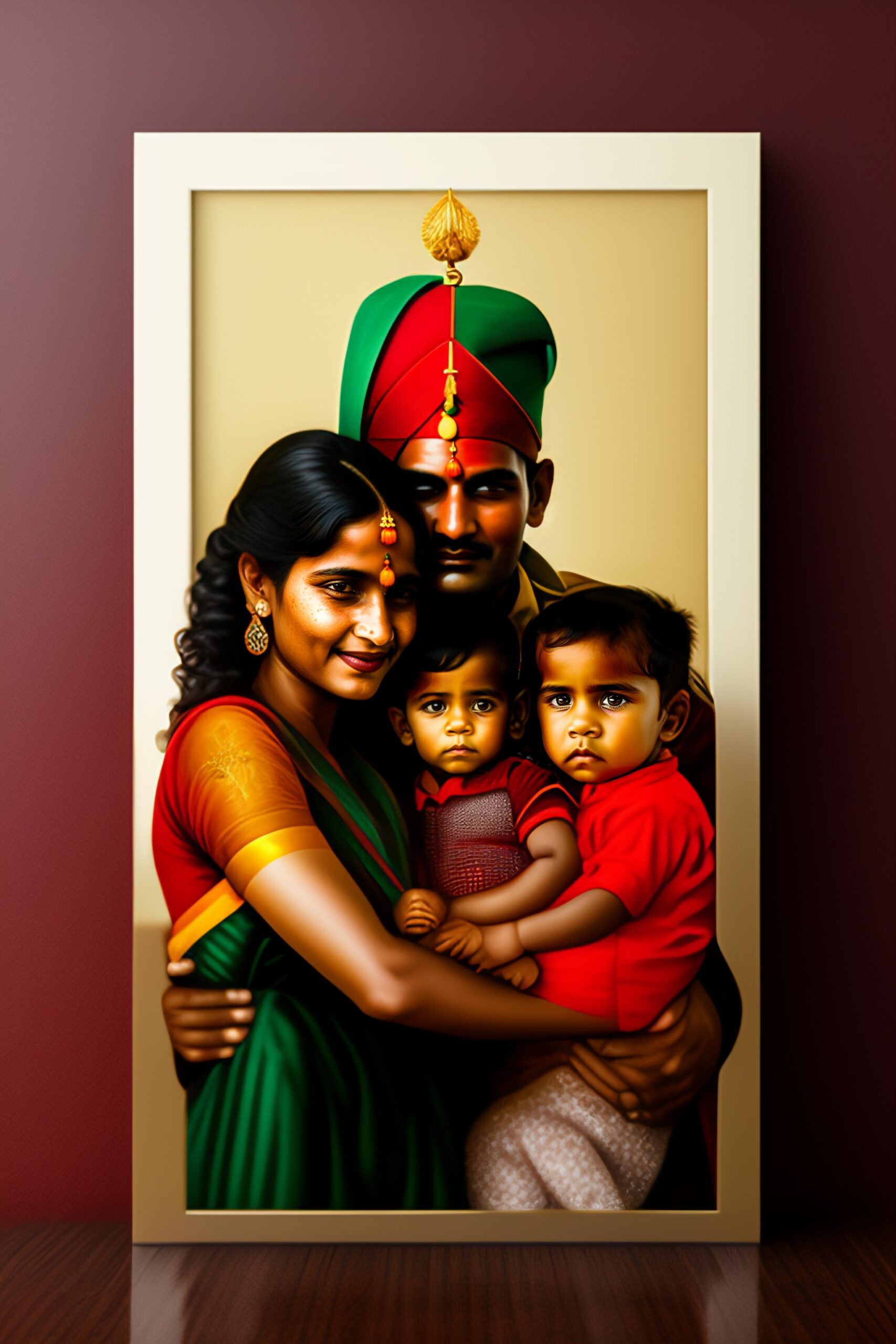Pitru Paksha and its Influence on Family Cohesion
Pitru Paksha, the fortnight dedicated to honoring one’s ancestors in Hindu tradition, has a significant influence on family cohesion. It serves as a powerful catalyst for bringing family members together and strengthening their bonds. Here’s how Pitru Paksha influences family cohesion:
- Shared Purpose and Tradition:
- Pitru Paksha provides a shared purpose and tradition for families to come together. The common goal of honoring ancestors and performing rituals fosters a sense of unity and togetherness among family members.
- Gathering of Generations:
- During Pitru Paksha, different generations of a family often gather to participate in the rituals. This intergenerational participation allows for the transfer of cultural and spiritual knowledge from elders to younger family members.
- Emphasis on Filial Piety:
- Pitru Paksha places a strong emphasis on filial piety, the virtue of respect and devotion to one’s parents and ancestors. This value reinforces the importance of respecting and caring for one’s family members, especially elders.
- Memories and Anecdotes:
- While performing Pitru Paksha rituals, family members often share memories and anecdotes about their ancestors. This storytelling reinforces a sense of shared history and connects younger generations with their roots.
- Reconciliation and Forgiveness:
- Families may use Pitru Paksha as an opportunity to resolve conflicts and seek forgiveness from one another. The rituals often involve seeking forgiveness on behalf of both the living and the deceased, promoting reconciliation within the family.
- Cultural Identity:
- Observing Pitru Paksha helps maintain and strengthen a family’s cultural and religious identity. It reinforces the continuity of cultural practices, ensuring that they are passed down to future generations.
- Expression of Gratitude:
- The act of making offerings and prayers for the well-being of ancestors is an expression of gratitude. It teaches family members the importance of acknowledging the contributions of their forebears and showing appreciation for their heritage.
- Coping with Grief:
- Pitru Paksha provides a structured and culturally meaningful way for families to cope with the grief of losing loved ones. The rituals and ceremonies offer a sense of closure and a means of connecting with the departed.
- Shared Responsibility:
- Preparing for and performing Pitru Paksha rituals often involves a collective effort. Family members share responsibilities, from procuring offerings to conducting ceremonies, which reinforces a sense of shared responsibility within the family.
- Continuity of Family Traditions:
- Pitru Paksha is a time to preserve and continue family traditions. By observing these rituals, families ensure that the customs and practices passed down through generations remain alive and meaningful.
Pitru Paksha plays a pivotal role in fostering family cohesion by providing a platform for shared traditions, values, and connections. It reinforces the importance of family bonds, cultural identity, and the transmission of knowledge from one generation to the next. Through the observance of Pitru Paksha, families not only honor their ancestors but also nurture their own unity and resilience.


